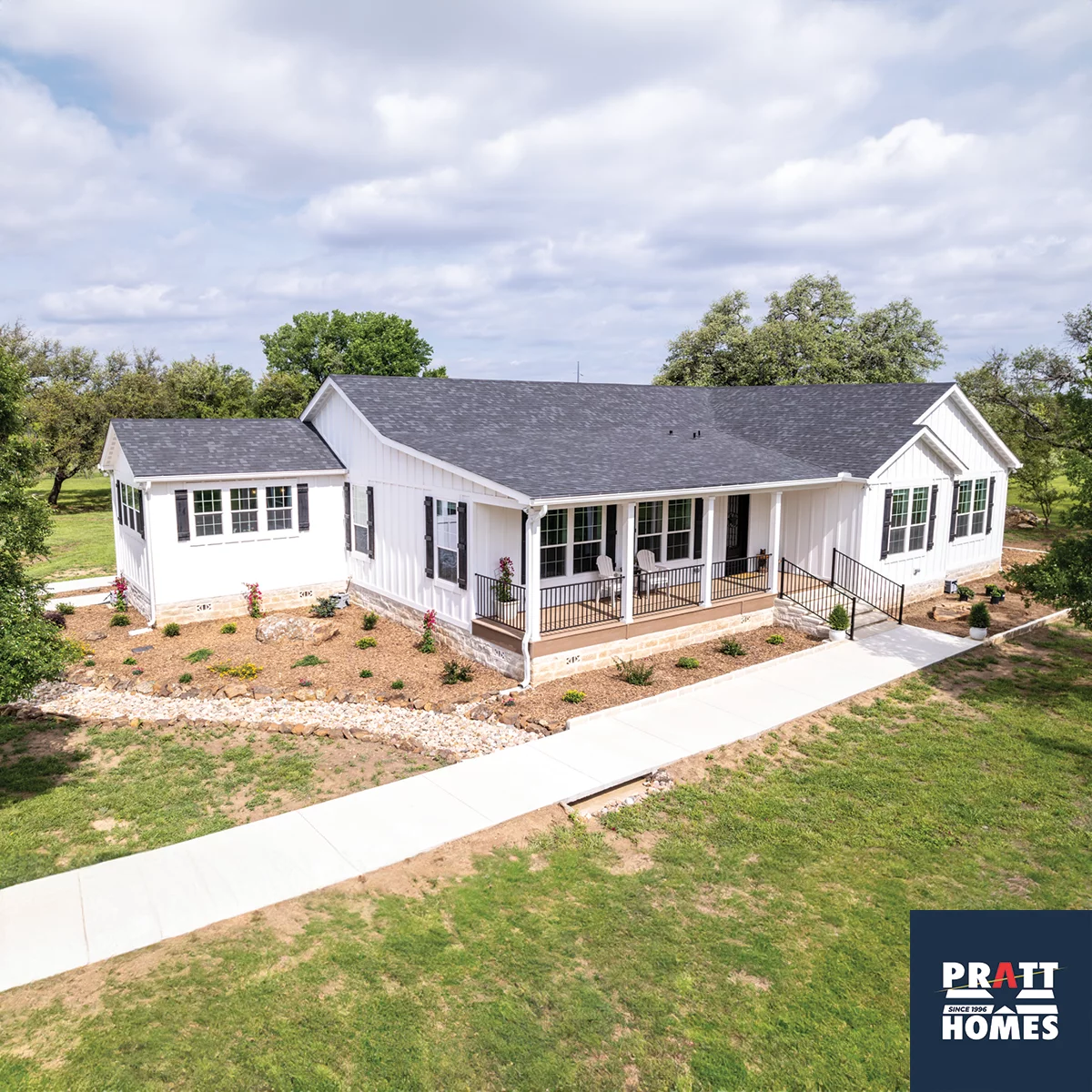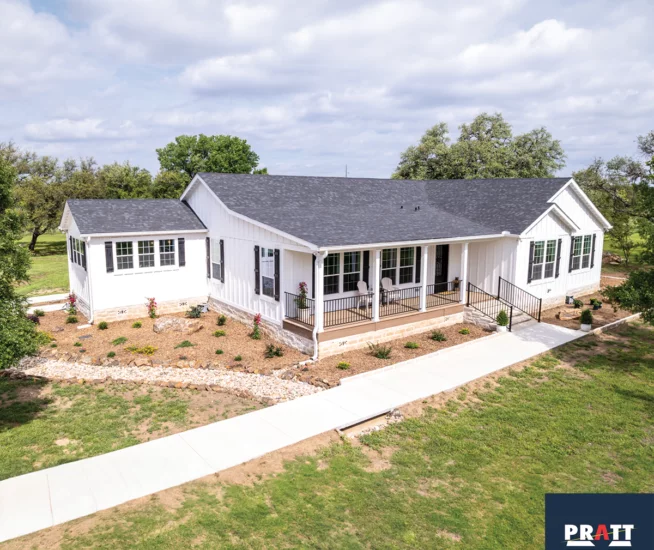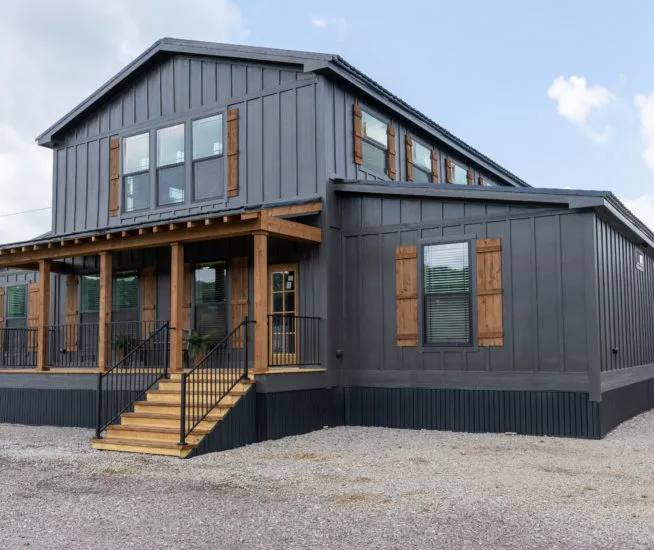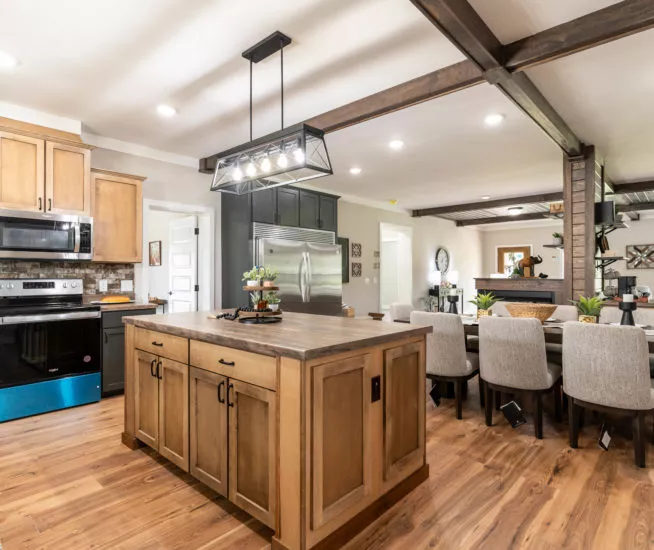Understanding the Differences Between Manufactured and Modular Homes: A Comprehensive Guide
When comparing manufactured homes and modular homes, it’s essential to understand their distinct construction processes, regulations, and investment potential. Whether you are prioritizing cost, location, or long-term value, making an informed decision depends on knowing the unique benefits each type offers.
What Are Manufactured Homes?
Manufactured homes, formerly known as mobile homes, are built entirely in factories and transported to their final site. They are governed by federal regulations, specifically HUD (Department of Housing and Urban Development) standards. These homes are available in various configurations, including single-section and multi-section units, and are typically installed on a non-permanent foundation, such as concrete blocks or piers. While these homes offer a high degree of affordability, their key distinction is that they are designed to be transportable.
Affordability and Flexibility
The major selling point of manufactured homes is their cost-effectiveness. They are usually more affordable than both site-built and modular homes due to lower labor and material costs. Furthermore, manufactured homes are often preferred by homeowners who need flexibility, as these homes retain a degree of mobility. If you’re seeking a budget-friendly option, or if mobility is a priority, a manufactured home may suit your needs.
However, one drawback is that manufactured homes typically depreciate in value over time, much like a vehicle. This limits their potential as a long-term financial investment compared to modular or site-built homes.
Foundation and Installation
Manufactured homes are set on non-permanent foundations and may require tie-downs or anchoring for stability. Skirting is also added to conceal the exposed foundation. Although these homes are mobile, moving them is not always simple, and they often remain on the same lot for long periods.
What Are Modular Homes?
Modular homes, on the other hand, are built in sections in a factory but must adhere to local and state building codes, just like traditional homes. These homes are assembled on-site and permanently affixed to a foundation, making them indistinguishable from stick-built houses in terms of structure and long-term durability.
Investment Potential
One of the greatest advantages of modular homes is their ability to appreciate in value, similar to a site-built home. Because they are considered real property, they offer better long-term investment potential. Modular homes are also accepted in more locations, including many neighborhoods where manufactured homes may not meet zoning requirements. For homeowners looking to build equity and increase their property value, modular homes are an attractive option.
Customization and Flexibility
Modular homes offer a wide range of customization options. While the sections are built off-site, homeowners can choose from numerous layouts, finishes, and upgrades, allowing for personalized spaces that meet specific needs. This level of customization is one reason why many people opt for modular homes. Whether you’re looking for energy-efficient designs or modern technology, modular homes can be tailored to fit your lifestyle.
Key Differences Between Manufactured and Modular Homes
1. Regulations:
- Manufactured homes follow federal HUD standards, whereas modular homes adhere to local and state building codes.
2. Foundation:
- Manufactured homes are often placed on non-permanent foundations and can be relocated. Modular homes must be placed on permanent foundations, making them immovable.
3. Cost and Value:
- Manufactured homes offer affordability but typically depreciate over time. Modular homes are more expensive initially but tend to appreciate, making them better long-term investments.
4. Financing:
- Manufactured homes are generally financed through chattel loans, which apply to movable property. Modular homes, considered real property, can be financed through traditional mortgages, offering better loan terms.
5. Installation Time:
- Manufactured homes can be set up faster due to their pre-built nature and simpler installation. Modular homes may take longer as they require a permanent foundation and assembly on-site.
Advantages and Disadvantages of Each
Advantages of Manufactured Homes:
- Lower Initial Cost: Manufactured homes provide an affordable housing option for first-time buyers or those on a budget.
- Mobility: The option to relocate a manufactured home can be a selling point for those who need flexibility in their living arrangements.
Disadvantages of Manufactured Homes:
- Depreciation: Manufactured homes tend to lose value over time, limiting their potential as a financial asset.
- Limited Zoning Acceptance: Manufactured homes may not be allowed in certain communities, particularly where zoning regulations require traditional or modular homes.
Advantages of Modular Homes:
- Appreciation: Modular homes often appreciate in value, making them a better long-term investment.
- Customization: Homeowners can select from a variety of floor plans, finishes, and upgrades, allowing for a more personalized living space.
Disadvantages of Modular Homes:
- Higher Initial Cost: Modular homes can be more expensive upfront compared to manufactured homes, though the investment often pays off over time.
- Installation Time: The setup and installation process for modular homes is more time-consuming than for manufactured homes, as it involves placing the home on a permanent foundation.
Conclusion
Whether you choose a manufactured or modular home depends largely on your budget, lifestyle, and long-term goals. Manufactured homes offer an affordable, flexible option for those seeking immediate housing solutions, while modular homes provide better investment potential and customization options. Understanding the differences between these two types of homes is key to making the right choice for your future.
If you’re looking for affordability with flexibility, a manufactured home might be ideal. However, for those prioritizing long-term value and customization, modular homes offer the best of both worlds.





